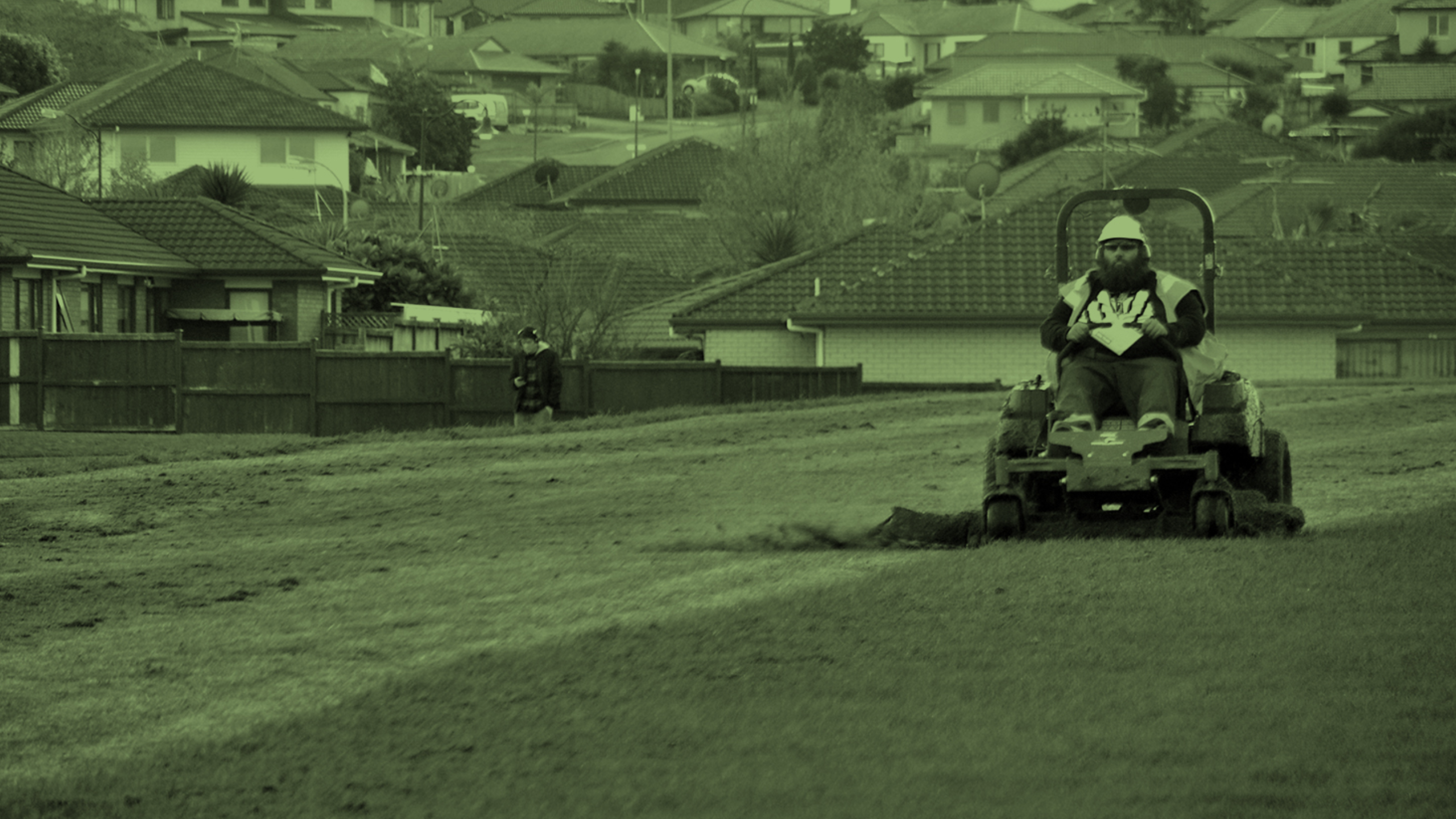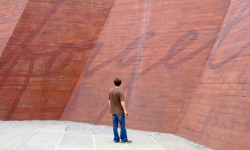
To love someone is not first of all to do things for them, but to reveal to them their beauty and value, to say to them through our attitude: “You are beautiful. You are important. I trust you. You can trust yourself.” We all know well that we can do things for others and in the process crush them, making them feel that they are incapable of doing things by themselves. To love someone is to reveal to them their capacities for life, the light that is shining in them.
~ Jean Vanier1
“Man, I love my job,” smiled Richard.* “It’s a buzz, lawns mowed and, gee, the parks are looking good, so satisfying.”
At first I thought Richard was being sarcastic—that Kiwi-joking-around sense of humour. It had been a hot hard day working under the sun. But Richard wasn’t joking; he was dead serious, and scolded me for not taking him seriously.
I’ve watched Richard grow from strength to strength. Richard was made to cultivate and grow plants, a talent that God implanted and blessed him with. For years, this talent, this gift, stayed dormant, always existing, but never given permission to be expressed. Richard’s past home and social environment crushed his God-given gift, and was instead filled with terror and violence. But now we see him blossoming (excuse the weak puns) and, as he discovers abundant life, he has naturally been drawn closer to the Creator, with a deepening faith. His life has become a transforming miracle.
Maybe, just maybe, this is part of the salvation journey—to discover and name the God Image that is in every person. Naming the Image is powerful. Words create worlds. Maybe our role is to walk alongside our neighbour, helping to create spaces and places where the God Image can be safely expressed, acknowledged and developed.
Through this process an abundance of life is discovered (John 10:10), that naturally connects people to Jesus, especially those that have lived on the margins.
*Name changed.
Reflection: Dave Tims
Dave Tims is the Director of Urban Neighbours of Hope NZ, an International Mission Order (unoh.co.nz and unoh.org).
UNOH workers immerse themselves in the lives of neighbourhoods facing urban poverty, joining the risen Jesus to seek transformation from the bottom up. In NZ, UNOH workers live and serve as small, responsive neighbourhood-based teams in Randwick Park (Manurewa) and Arakura (Wainuiomata, Wellington).
References:
- Jean Vanier, From Brokenness to Community (New York: Paulist Press, 2013), 16.


